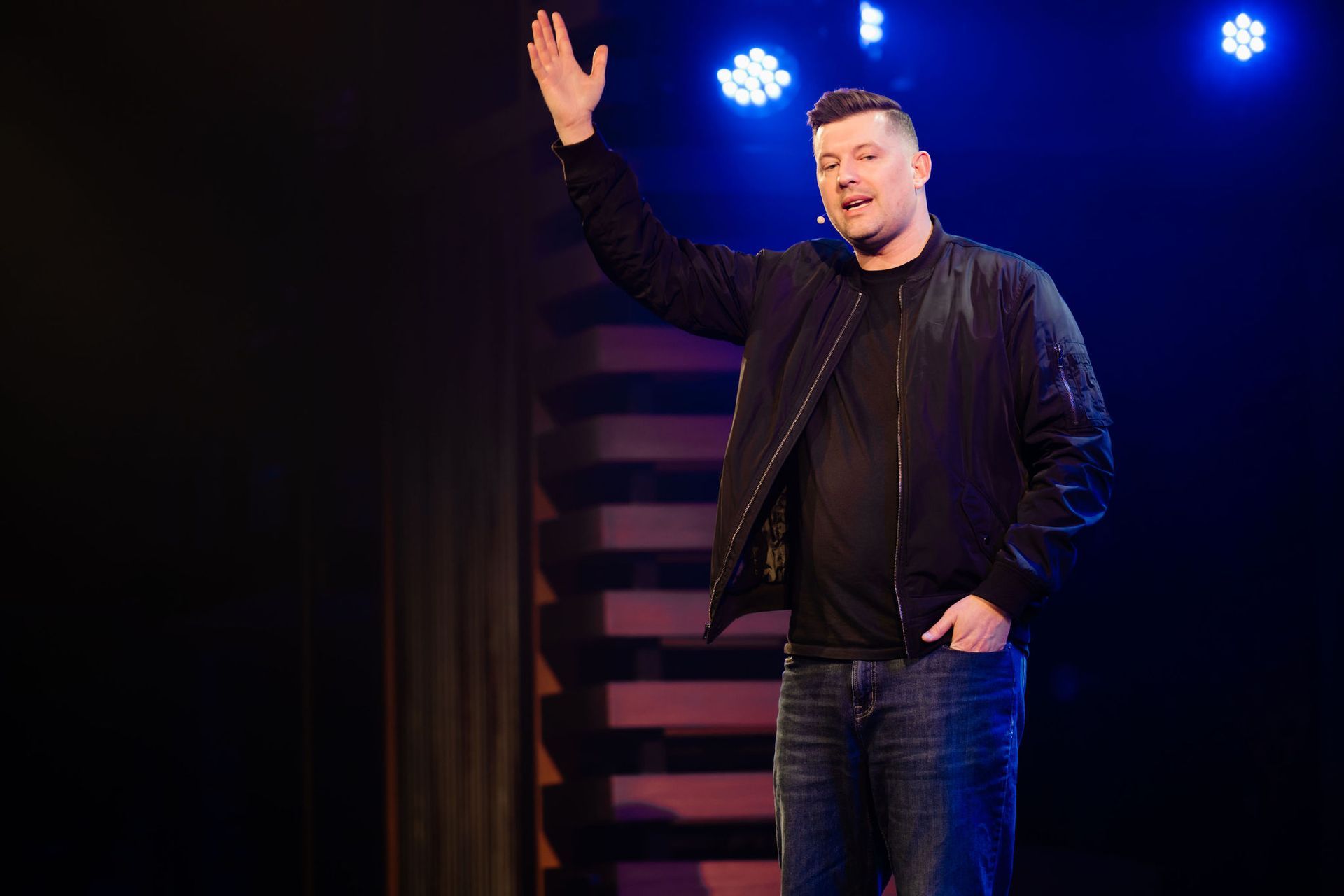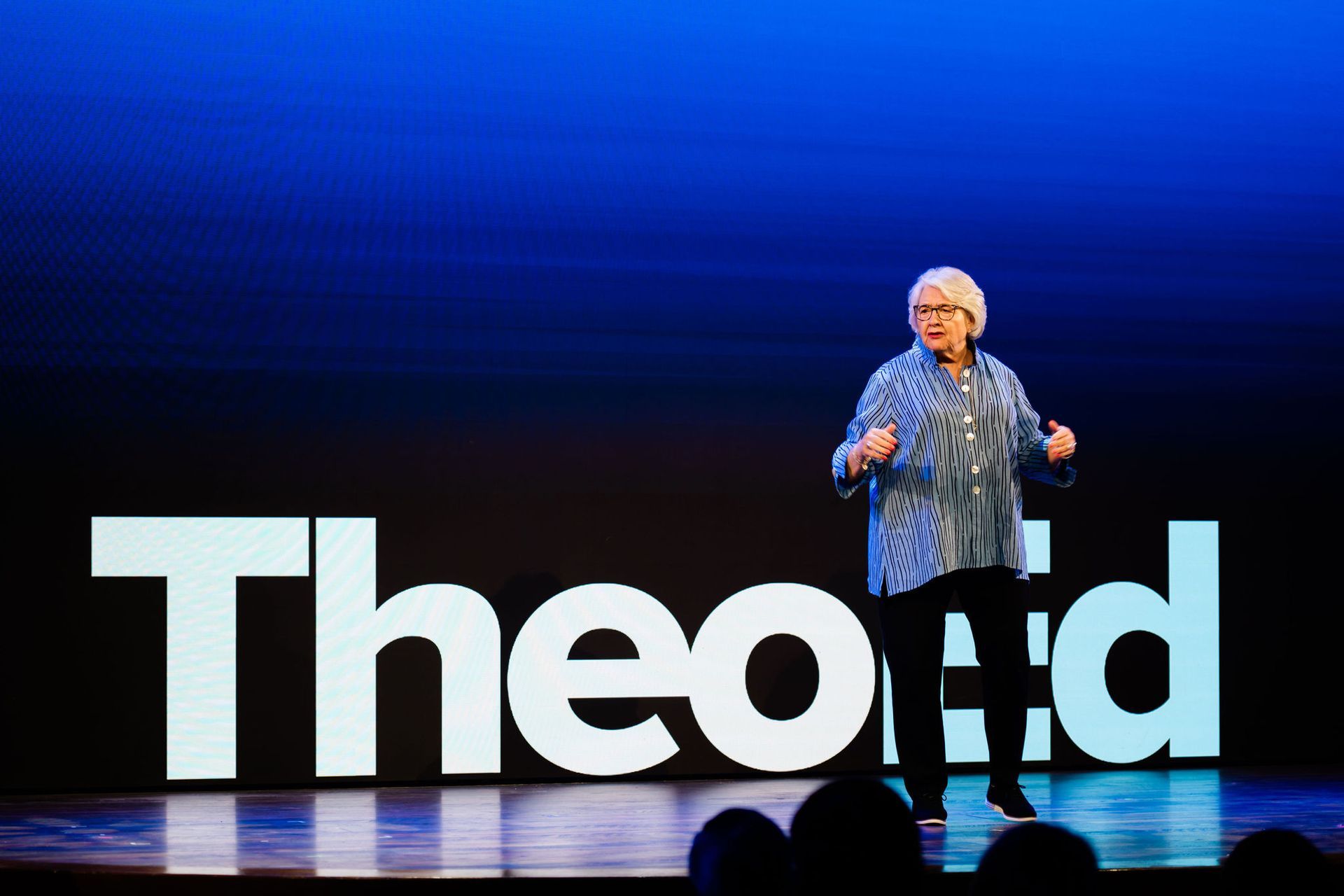Rev. Dr. Gregory C. Ellison is Associate Professor of Pastoral Care and Counseling at Emory's Candler School of Theology. Greg joined the Candler faculty in 2009 after completing both his M.Div. and Ph.D at Princeton Theological Seminary. His teaching draws primarily from his work with the organization he founded called Fearless Dialogues, a non-profit organization that creates unique spaces for unlikely partners to have hard, heartfelt conversations on taboo subjects like racism, classism, and community violence.
Ellison’s research focuses on caring with marginalized populations, pastoral care as social activism, and 20th and 21st century mysticism. He is the author of Cut Dead But Still Alive: Caring for African American Young Men and Fearless Dialogues: The Civil Rights Movement of the 21st Century. He is also the founder of Fearless Dialogues, an organization that seeks to create space for unlikely relationships to change the way people see themselves and the world around them.






